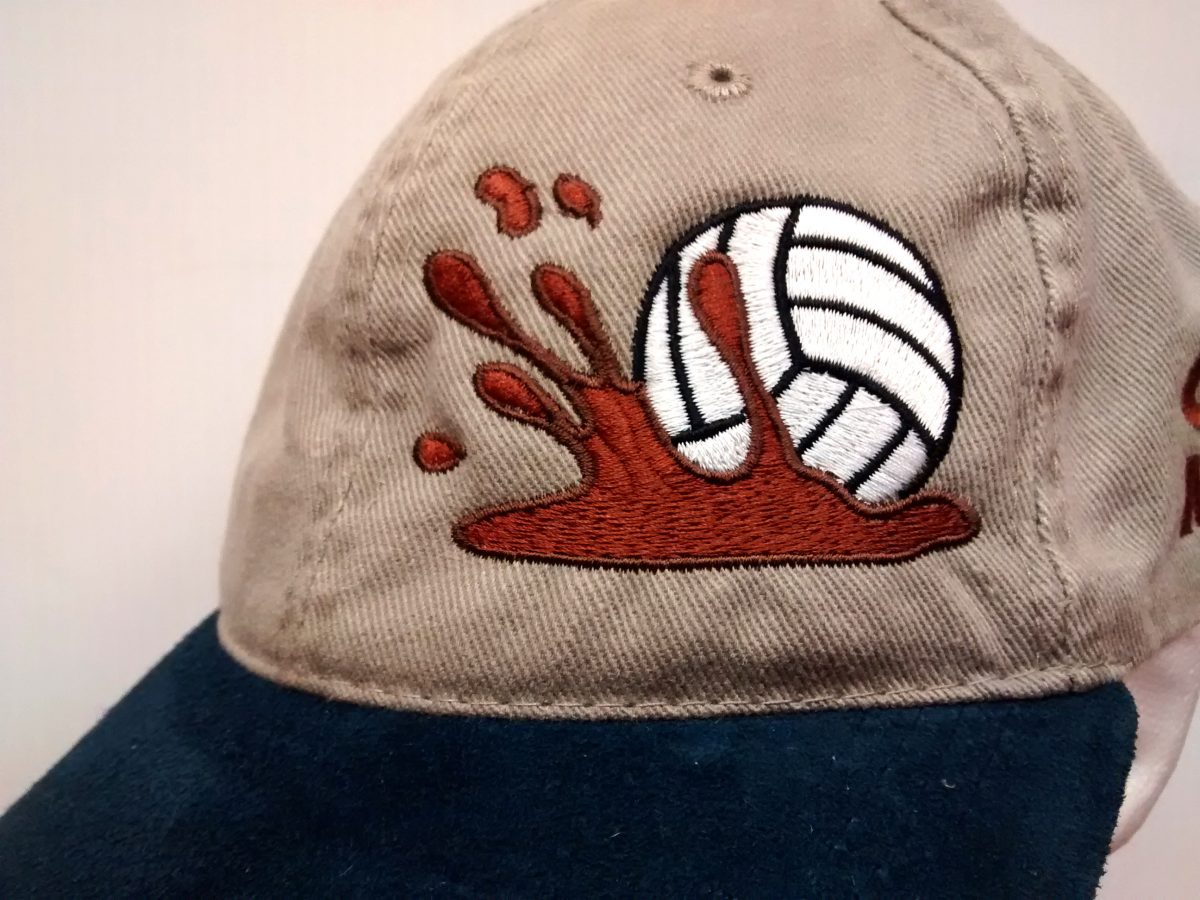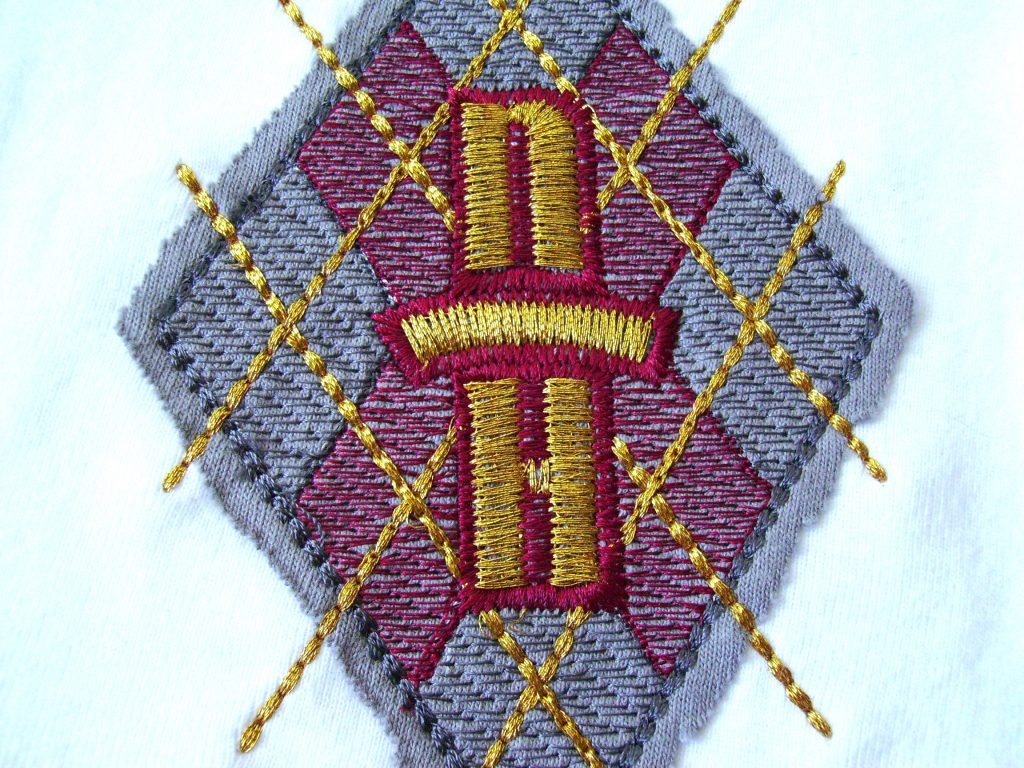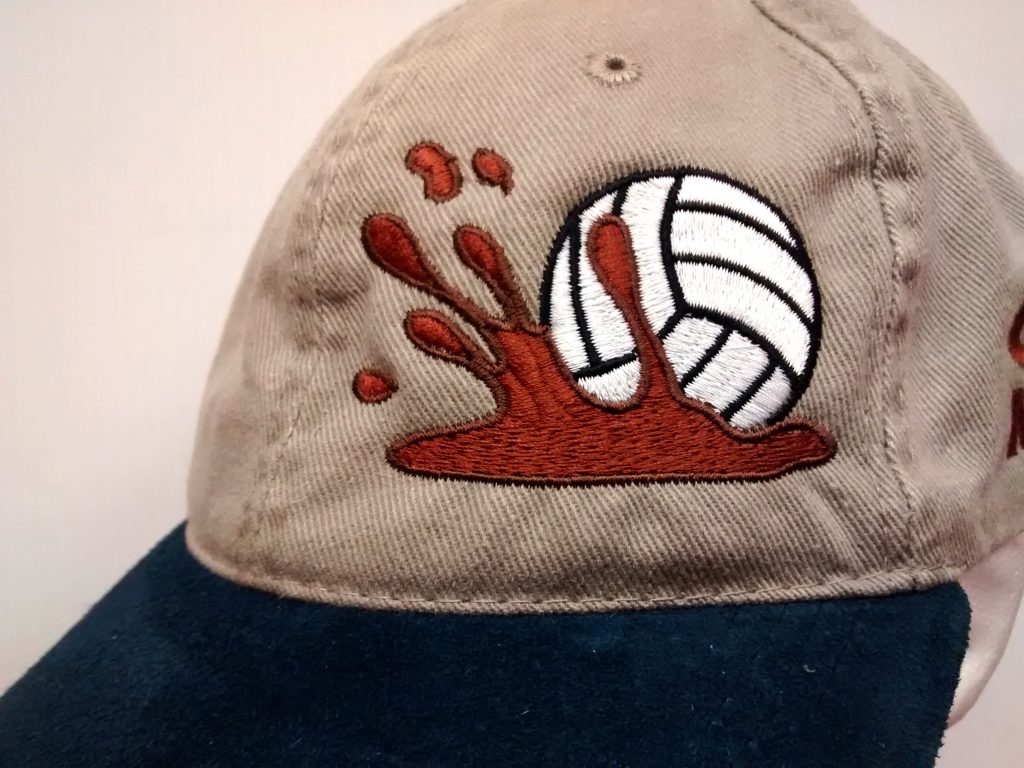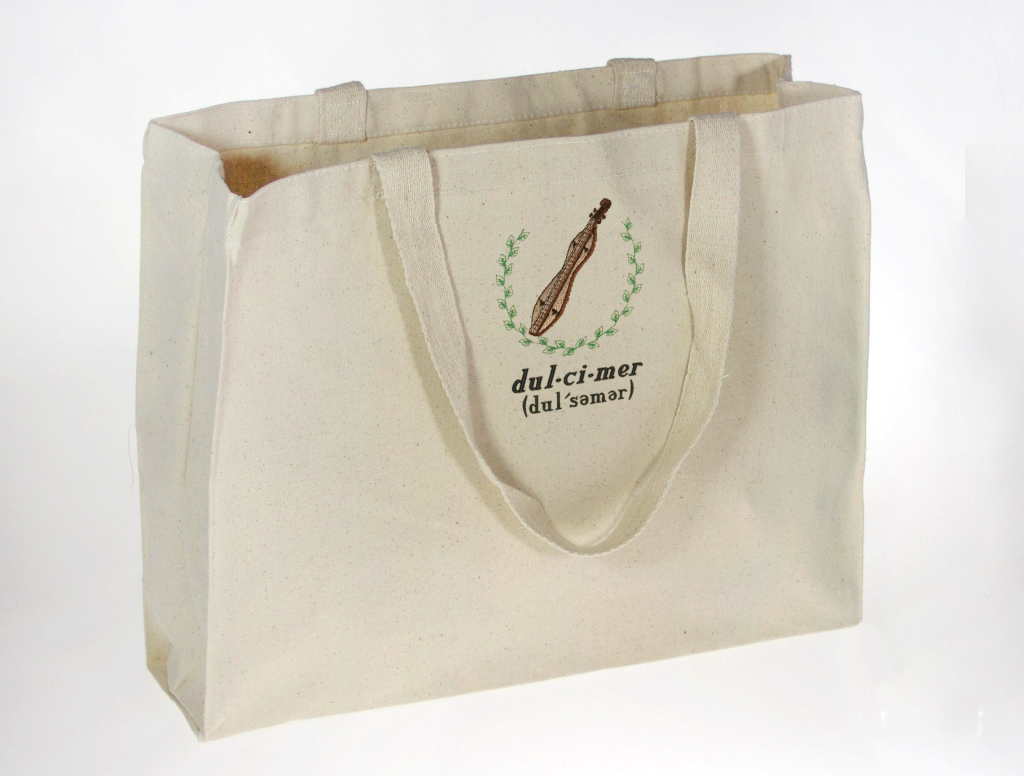
“I can’t charge that much. I couldn’t ask people to pay for that service. My customers only care about cost.”
Asking the Scary Questions
Whenever I discuss pricing with apparel decorators and embroiderers, the arguments are common, and frankly, so are the responses that I and my friends on the ‘consultant’ side of the experience curve tend to offer. Decorators claim they absolutely can’t charge more and compete, while experts say that there’s no reason to do business at the bottom end and repeatedly strike on the concept of ‘value’. Everyone tells you to sell on your ‘Unique Value Propositon’, but rarely do they help you answer the truly scary question, “What, if anything, does make my shop’s proposition unique? What sets me apart and is valuable about what I do or how I do it?” It’s easy to tell you that customers make emotional decisions, and that there’s more to success than good product or fair pricing, but what exactly is value?
“What is special about my embroidery? Why should people care about my decorations, my products, my company? How valuable am I and my work?”
Adding Value
Don’t get me wrong, I am a proponent of getting beyond the basic equation model of pricing our work; though it’s immeasurably important to know how much overhead we have in our businesses and to be able to estimate our labor for a given job if we want to make sure we’re within striking distance of breaking even at our current pricing, the ultimate goal should be to price based on the ‘value’ be it perceived or measurable, that we can deliver to our customers. That said, rather than beat on the ‘value’ drum without anything more concrete to offer, I’ve come up with some broad categories of the types of value we can add to our offerings in order to avoid becoming faceless commodities. Below is a quick summary; I’ll explain my basic five categories of added value and give examples of how you can attain them, though I’d recommend reading my full article at Printwear Magazine to get further detail.

It might seem like old hat now, but when we did this hip-placement rough-cut applique with a faux hand-work look for a bar’s branding those years ago, it was definitely out of the ordinary.
Novelty
Provide something new and unexpected; curate the cutting edge or at leas the unfamiliar to your customer while keeping your garments useful and your decorations well-executed and you give customers the effective value of solving problems first or in a new way, while providing the perceived value of not only being the ‘in-the-know’ decorator, but making the client seem better equipped and more forward-thinking than their competitors. Deliver the feeling of being ahead of the curve with new products or processes, and you can charge more, even if the labor is less.

Mudd Voleyball is a charity for a children’s hospital, but it was also bug business as well as a core belief for my old shop.
Purpose
Touting a purpose doesn’t mean faking it or selling your cause out, but having values with which your core customers are in sync can cause them to be more likely to seek your services over others in your segment. Be a resource for your chosen cause, contribute openly to said cause, and provide an unassailably valuable product and service. Like-minded customers will see you as a partner in their cause and sell on your behalf. This doesn’t have to be a massive, philosophical stance, though, even if you simply tout a certain set of ideals in doing business, like treating your employees well, or giving back to your immediate neighboorhood, you gain the added perceived value from those who support the same sorts of goals above simple profit. Do good, and let your customer know that they are doing good by supporting you and your work.
Creativity
Our designs are always driven by creative pursuit, but we can stretch beyond decoration., Utilizing unusual combinations of garments and decoration, decorating uncommon areas, making multimedia treatments, or even just using garments you might not normally use in a certain context makes us stand apart. Customers who want to be seen as creative themselves will value your unique approach. Create a fully custom experience with clever packaging, marketing initiatives, and even interesting customer-facing spaces and displays. For customers who want their garments from artistic decorators, striving for the unique and unexpected makes you more valuable.

I knew the instruments, the books, and how much a good, gussetted tote could help when I played folk music and sold to fellow players.
Specificity
Special expertise means a great deal to people who are deeply dedicated to the study of their work or interests. A customer with deep knowledge of tactical equipment wants a tactical shirt, not a black polo. If your customer runs a fly-fishing outfit, they don’t want an everyday tan placket shirt, or even likely a generic fishing shirt or bucket hat for their expedition, they want the one that is most functional or most desirable to their customer, even at higher costs. Having deep knowledge of a niche market allows you to be incredibly specific with the selection you offer and the way you decorate. This means you can offer functional solutions for that effective value and your insider status will add to the perceived value of your product, let alone to your knowledge of the perceived value of the brands and styles a niche prefers. Specificity is the heart of niche marketing.
Delight
Imagine a shop giving special consideration to no only your satisfaction with product, but your comfort, joy, or maybe even a little fun? How many of you have childhood memories of a love for cereal predicated on the prize in the box? It’s delight; the unexpected, often inexpensive extra; It can be as easy as replicating that prize in the order box, or as little as taking care to remember a name, a welcome message around appointment time on in-house displays, a customer ‘anniversary’ gift in ecommerce stores, or even a personal follow-up call. The joy a customer feels when that little, non-transactional treat arrives will remain with them and attach to their estimation of your value.
These are just a small sampling of the non-cost ways you can compete for customers; what will you do today to make your shop more valuable in the eyes of your potential new partners in decoration? Don’t be afraid to start small; even small changes can mean big business when you become sought after for that added value you provide.








I really enjoyed this article,,need to go look at full version.. thanks gary cato